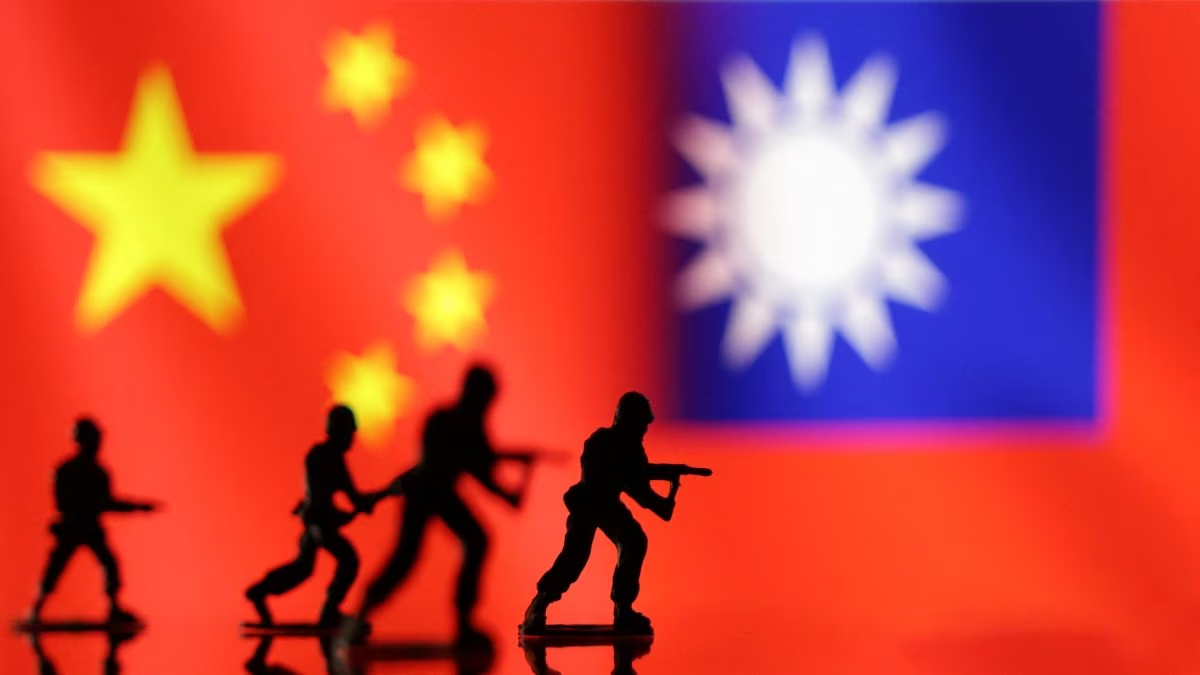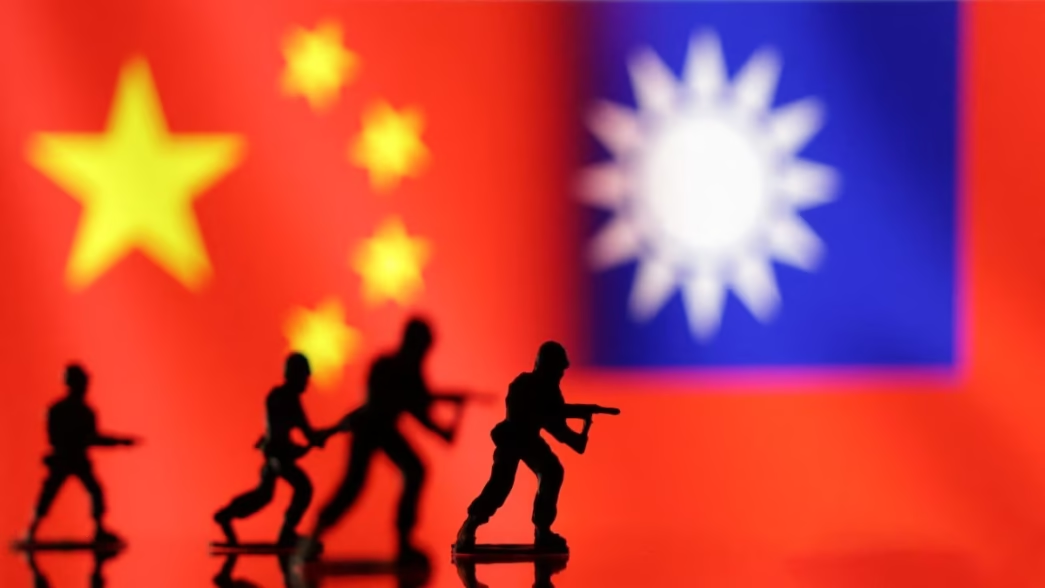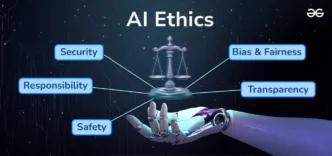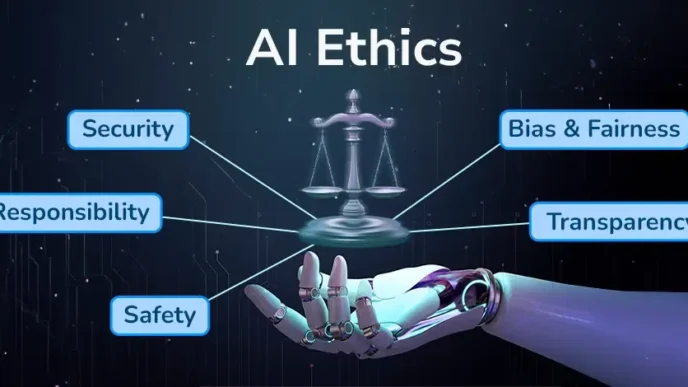The conflict between China and Taiwan is one of the most significant geopolitical flashpoints in the world today. Rooted in historical, political, and ideological differences, this dispute has far-reaching implications for global stability, trade, and security. Here’s a deep dive into the conflict and its geopolitical repercussions.
Historical Context of the Conflict
The origins of the China-Taiwan conflict trace back to 1949, when the Chinese Civil War ended with the victory of the Communist Party under Mao Zedong. The defeated Kuomintang (KMT) retreated to Taiwan, establishing a government that claimed to be the legitimate ruler of all China.
- One China Policy: China views Taiwan as a breakaway province that must eventually be reunified, by force if necessary.
- Taiwan’s Position: Taiwan operates as a de facto independent state, with its own government, economy, and military, but has not formally declared independence.
The Role of the United States
The United States plays a pivotal role in the China-Taiwan conflict:
- Strategic Ambiguity: The U.S. follows a policy of strategic ambiguity, recognizing Beijing’s One China Policy while maintaining unofficial relations with Taiwan.
- Taiwan Relations Act (1979): The U.S. provides Taiwan with defensive arms and considers threats against it a matter of grave concern.
- Military Presence: U.S. naval operations in the Taiwan Strait signal a commitment to maintaining regional stability.
Economic Implications
The conflict has significant economic ramifications:
- Global Supply Chains: Taiwan is a global leader in semiconductor manufacturing, with companies like TSMC playing a critical role in the tech industry.
- Trade Disruptions: A potential conflict could disrupt shipping lanes in the Taiwan Strait, a vital corridor for global trade.
- Economic Sanctions: Escalation could lead to sanctions on China, impacting global markets.
Military Dynamics and Security Concerns
- China’s Military Build-Up: The People’s Liberation Army (PLA) has ramped up military exercises near Taiwan, signaling readiness for potential action.
- Taiwan’s Defense Strategy: Taiwan focuses on asymmetric warfare, relying on advanced weaponry and a robust defense network to deter aggression.
- Regional Alliances: Countries like Japan, South Korea, and Australia view stability in the Taiwan Strait as crucial to their security.
Regional Implications
The China-Taiwan conflict impacts the broader Indo-Pacific region:
- Japan and South Korea: Both nations depend on the Taiwan Strait for trade and see Taiwan’s security as linked to their own.
- ASEAN Nations: Southeast Asian countries fear being drawn into the conflict, which could destabilize the region.
- India’s Role: As a rival to China, India closely monitors developments, balancing its strategic interests with non-alignment principles.
Global Geopolitical Implications
- U.S.-China Rivalry: The conflict intensifies the broader strategic competition between the U.S. and China.
- Impact on NATO: A Taiwan crisis could shift NATO’s focus toward the Indo-Pacific, straining resources and alliances.
- Economic Decoupling: Heightened tensions may accelerate efforts to reduce dependency on Chinese supply chains.
Risks of Escalation
- Military Conflict: A miscalculation or provocation could trigger a direct military confrontation with global repercussions.
- Cyber Warfare: Cyberattacks targeting infrastructure in Taiwan or other nations could escalate tensions.
- Nuclear Concerns: While unlikely, escalation risks drawing in nuclear-armed powers like the U.S. and China.
Pathways to Resolution
Resolving the China-Taiwan conflict requires careful diplomacy:
- Dialogue: Encouraging direct talks between Beijing and Taipei to de-escalate tensions.
- International Mediation: Involvement of neutral parties to facilitate negotiations.
- Economic Incentives: Leveraging trade and economic ties to promote peaceful coexistence.
Topics: China-Taiwan Conflict Geopolitics Global Security Indo-Pacific Region Military Tensions Regional Alliances Semiconductor Industry Strategic Ambiguity Taiwan Strait U.S.-China Relations














